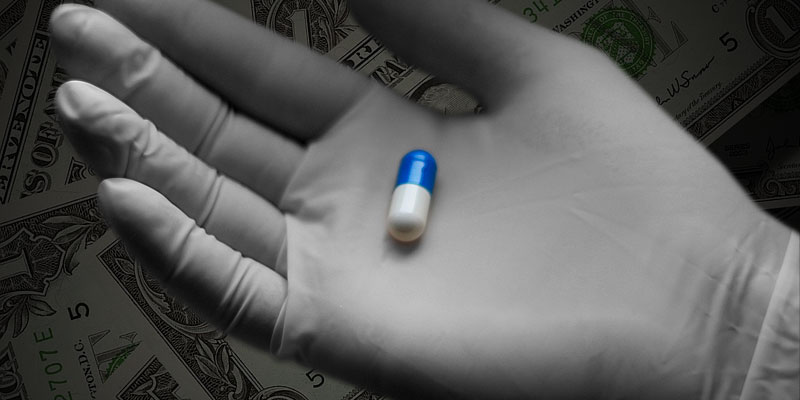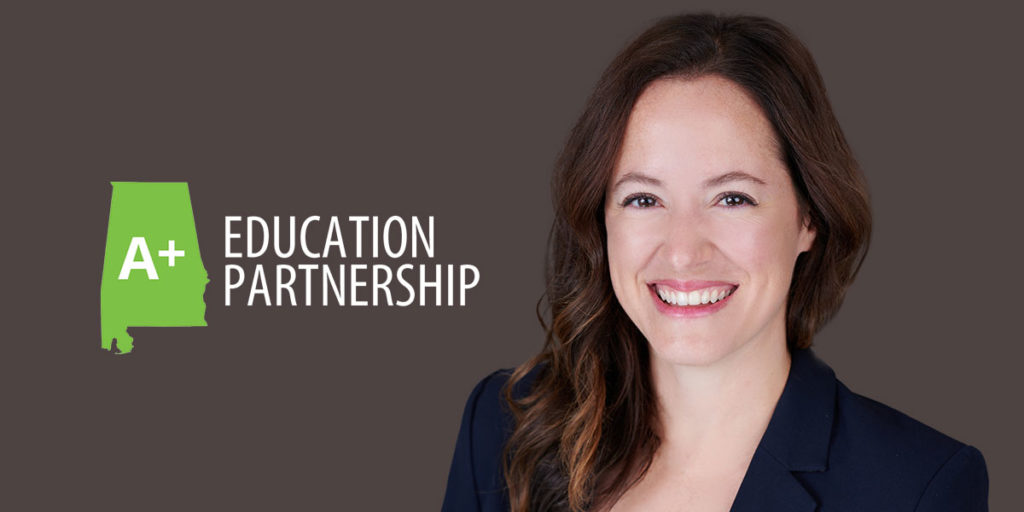Getting the resources you need to battle addiction is hard enough. Doing it during COVID-19 can be nearly impossible, and the current state of our country could be making the severity of Alabama’s addiction crisis far worse.
Quarantine can be isolating; for those who are economically insecure, it can also mean real fear of losing a home, health insurance or the ability to put food on the table. Studies have indicated, nationwide, that the COVID-19 crisis is increasing rates of drug and alcohol addiction. Yet, many of our own state’s treatment facilities remain closed or unable to operate at full capacity. In Alabama, the opioid addiction crisis was already causing immeasurable damage statewide before COVID-19; in fact, Walker County had the highest rate of addiction in the entire country. Getting our state back on the track to recovery, both from COVID-19 and the opioid epidemic, will require a fundamental rethinking of the way we prevent addiction in our society, from top to bottom.
As the chief program officer at The Foundry Ministries, a Christian organization in North and Central Alabama, aiming to help with addiction recovery and poverty, I work closely with many of our region’s most at-risk populations. The Foundry’s recovery program is a resource that works, on a local scale, to help break up the cycle of addiction that’s eating away at our communities. In 2019 alone, we provided more than 100,000 nights of shelter, 345,000 meals, 25,000 hours of counseling/aftercare services, and 640,000 education/employment readiness hours.
Community-facing addiction service work has been the most challenging and rewarding part of my career, but it also teaches you just how deeply-rooted our addiction and poverty crises are. One stumble with addiction can derail someone’s life, and reclaiming control over their life is a struggle felt with each step, every day along the path to recovery. In my role on Governor’s Commission on Opioid Abuse and Overdose, I focus my efforts on expanding access to treatment and recovery services like The Foundry’s. But I also know that our work has to begin before someone ends up seeking treatment.
While we, as a state, must put in the work to expand access to treatment and recovery services, those programs must be a last resort for addressing the addiction epidemic. On the front end, our work begins in hospitals, by reforming the prescribing rules and systems that get so many vulnerable Alabamans hooked on opioids in the first place. High-prescribing facilities, dubbed “pill mills” often make large profits off the over-prescription of opioid medications. Fortunately, non-opioid options pose an opportunity to avoid the risks of opioid addiction while continuing to treat pain, if we can leverage them properly.
But when a patient could benefit from the use of non-opioid pain treatments, those drugs often remain unavailable or prohibitively expensive, tangled in red tape from insurers and coverage gaps. Even with health programs like Medicare, the surgery reimbursement rules weren’t designed to give patients a non-opioid option. Right now, the Centers for Medicare and Medicaid Services bundle together reimbursement payments into one sum, covering general, average surgery costs. Unfortunately, this creates an incentive for medical facilities to choose the cheapest pain treatment option – inevitably, “penny-a-pill” opioids. If the facility chooses to administer an in-hospital pain treatment option, like many of today’s non-opioid therapies, they take on the additional costs of those procedures, giving our state’s medical facilities a reason to limit access to potentially life-saving treatments. It’s long past time that the Centers for Medicare and Medicaid Services change these rules. Fortunately, legislation in Congress today would make that change.
The NOPAIN Act would revise Medicare’s repayment rules to cover today’s full range of safer pain treatment options. Passing this bill and advocating for those without a voice or a platform is our responsibility as caring neighbors and responsible citizens.
Due to my previous work with the Alabama legislature, I know that if we put resources where they’re needed and build policies that encourage our doctors to make the responsible prescribing decisions, we can help eradicate addiction once and for all. Please join members of the Alabama delegation and the growing, bipartisan group of lawmakers calling for the immediate passage of the NOPAIN Act.
As the Foundry Ministries’ Program Officer, Brandon Lackey serves on Governor Kay Ivey’s Opioid Use and Overdose Committee, is a founding board member of the Alabama Association of Christian Recovery Ministries and has more than 18 years of Christ-centered recovery services leadership experience.













